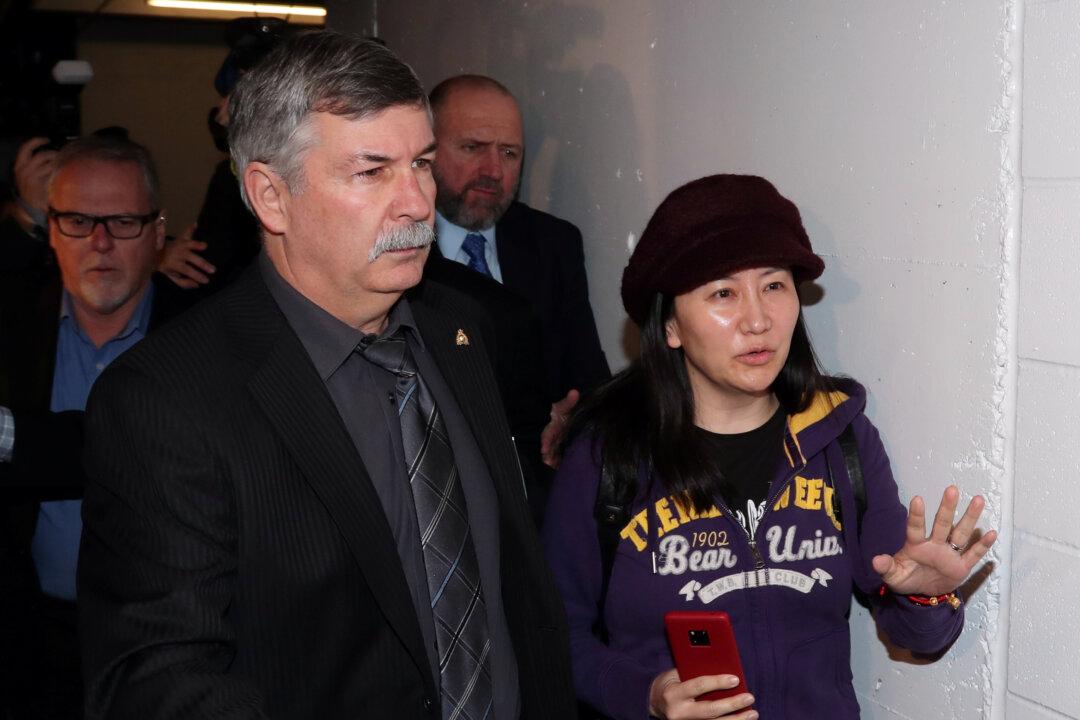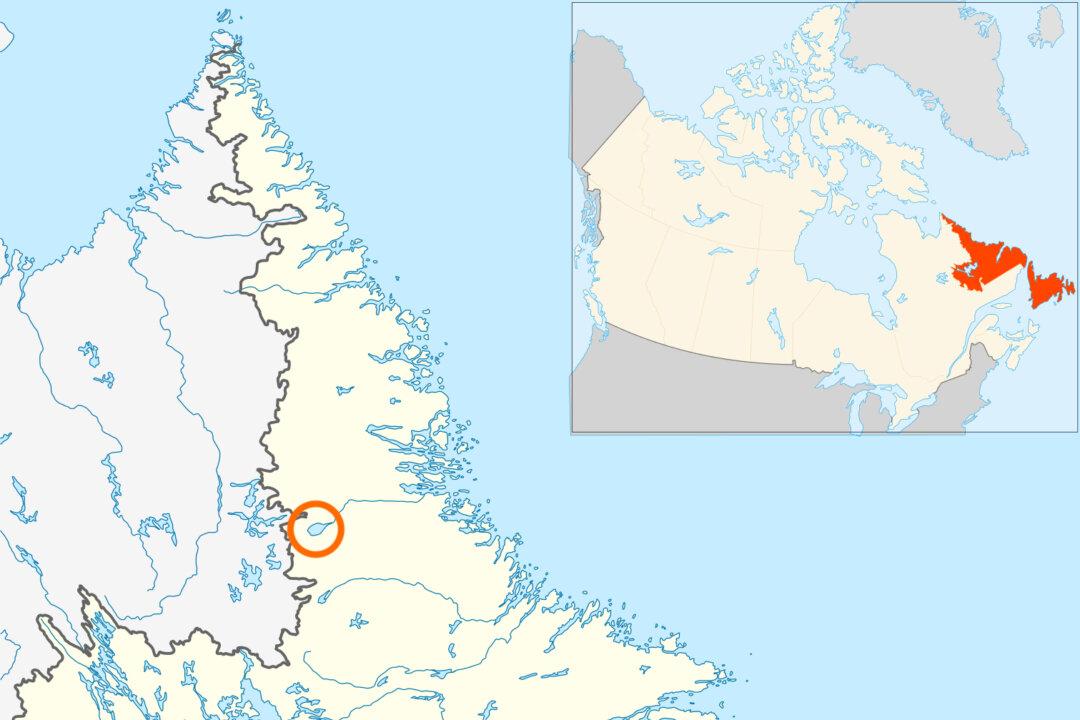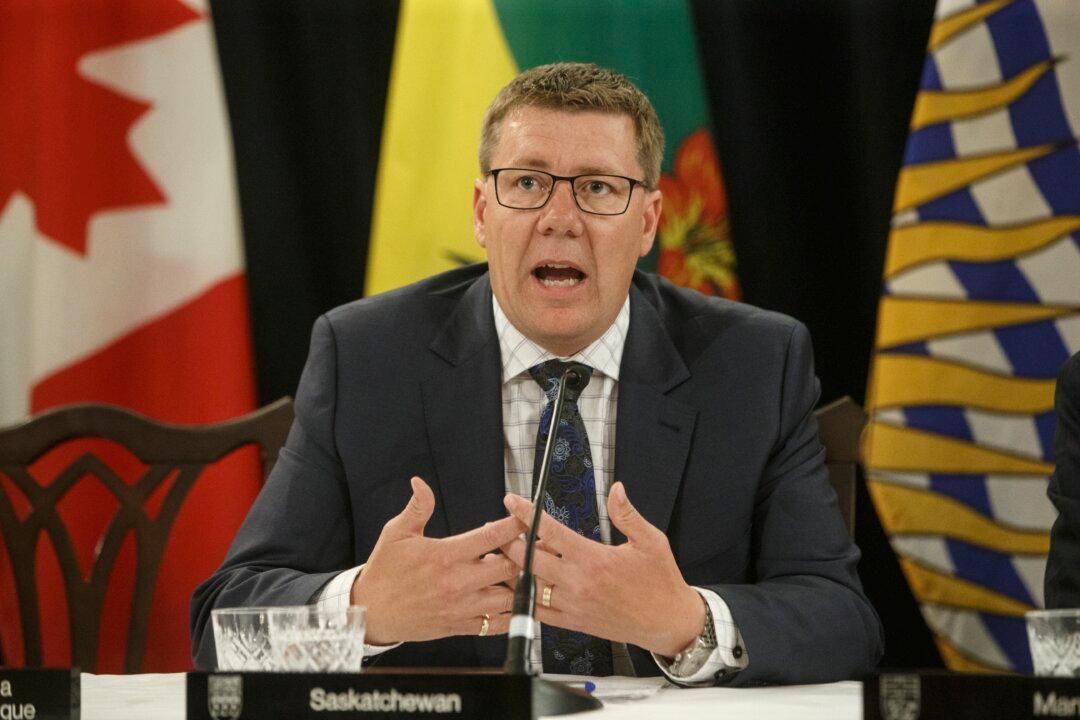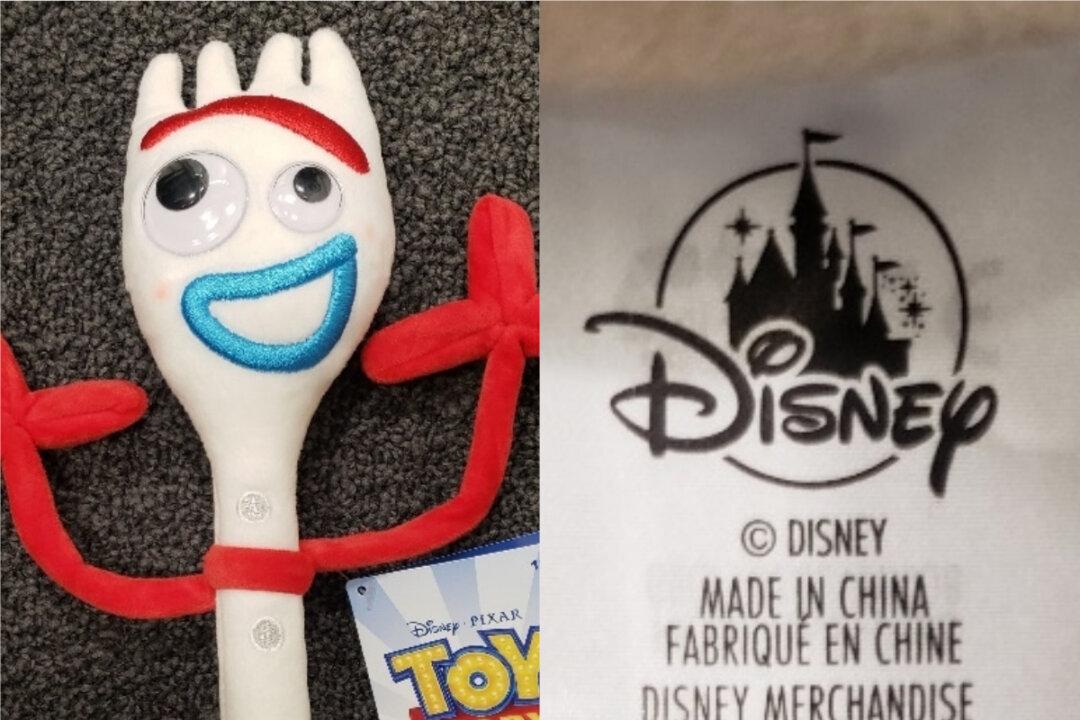VANCOUVER, Canada—Huawei Chief Financial Officer Meng Wanzhou returned to a Vancouver courtroom on March 6, amid rising diplomatic tensions between Canada and China surrounding her arrest.
Dressed in a casual purple sweater and smiling at the cameras, Meng appeared in court to set a date for the next hearing in her extradition proceedings. She is wanted by the United States on charges of bank fraud, wire fraud, and conspiracy to commit bank and wire fraud.





